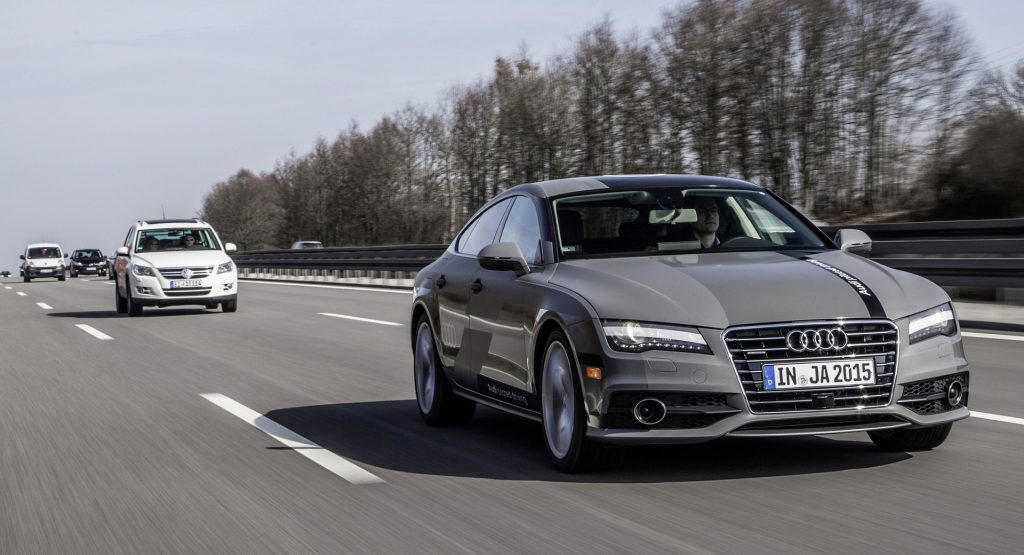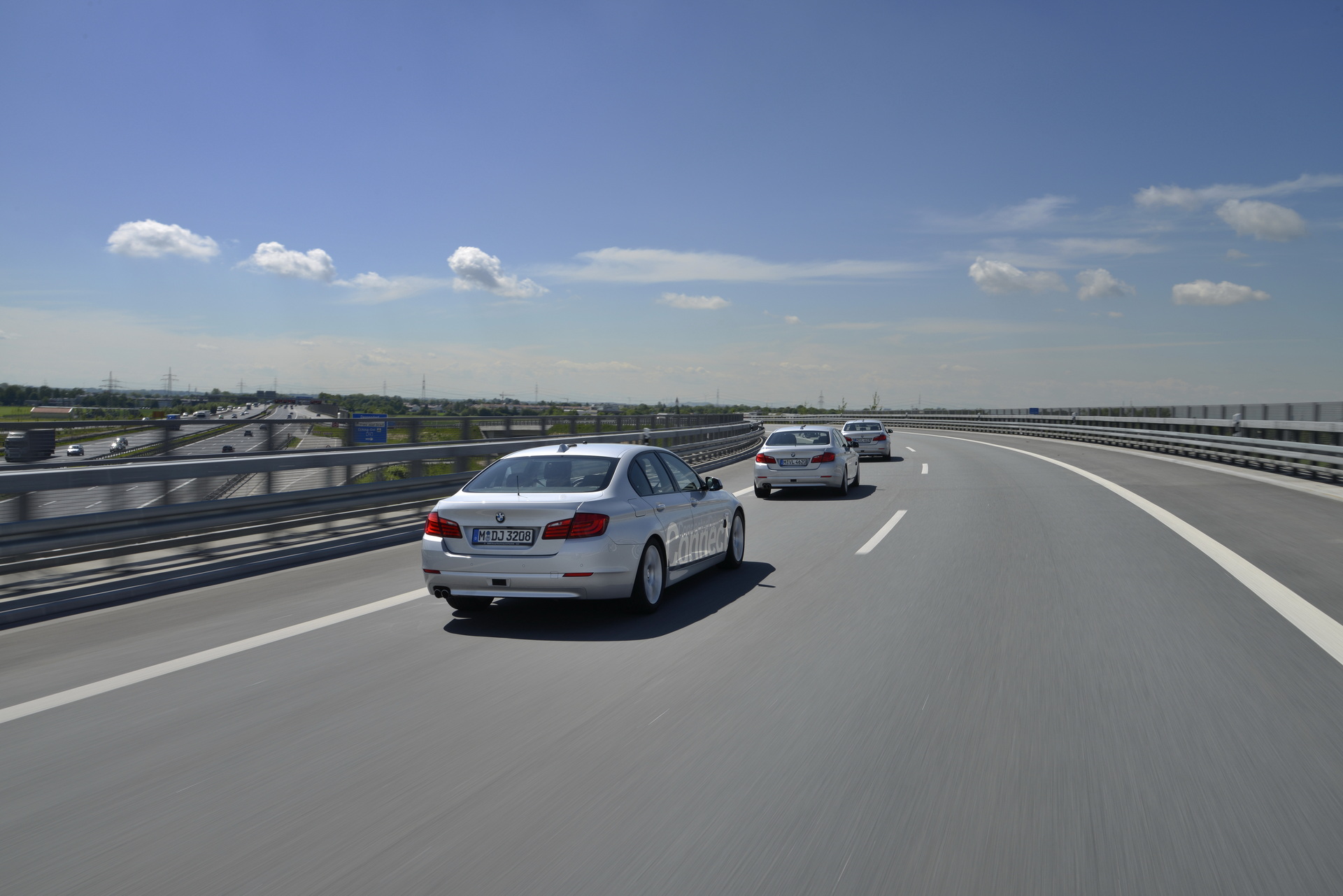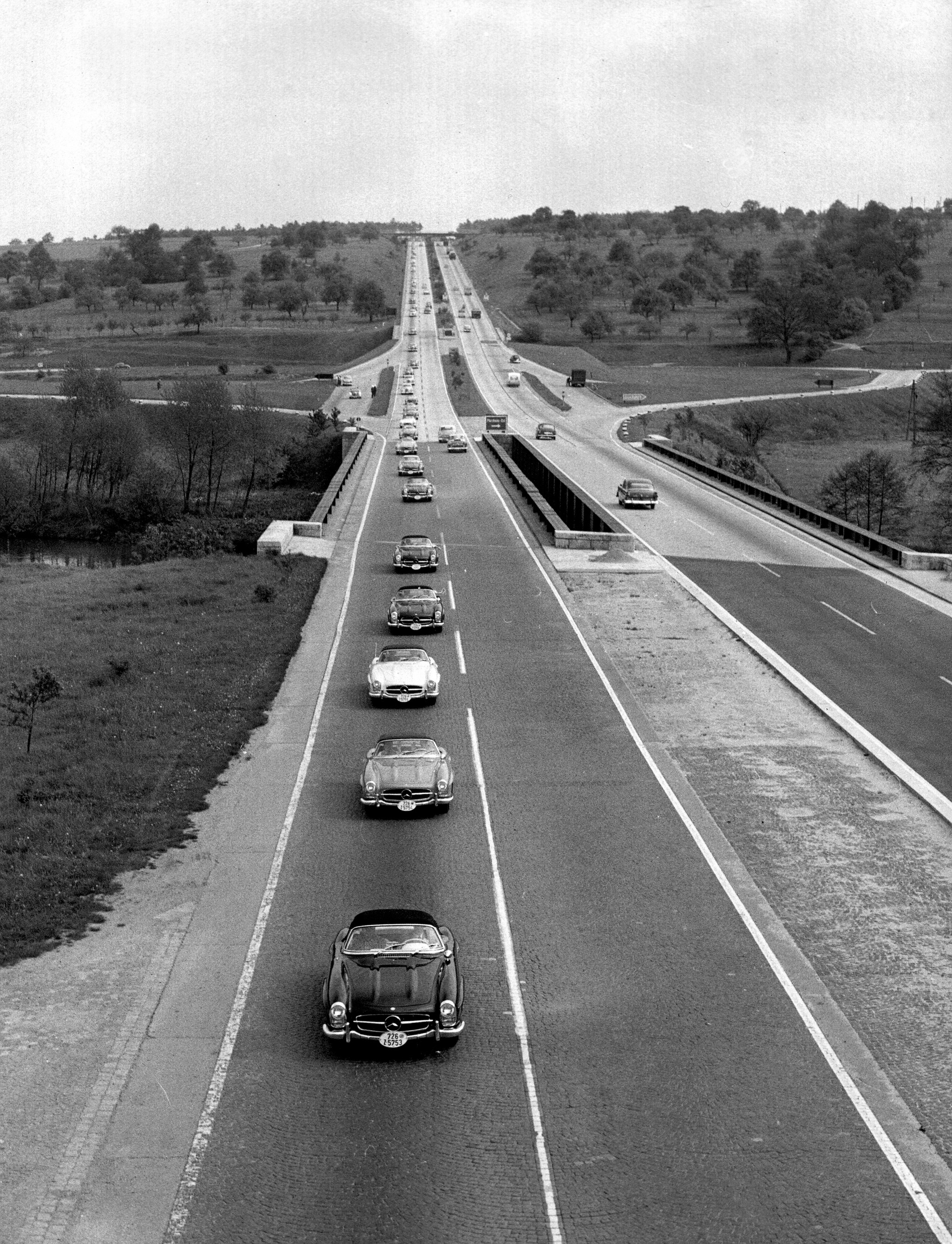Talk of introducing a national speed limit to Germany’s highways has once again started, this time precipitated by the recent federal elections. The matter is anything but settled, though, with as many parties opposing the move as supporting it.
The new talks come about as a result of the ascendance of the Social Democrat (SPD) party, which supports a national speed limit, scoring a narrow victory over the Free Democrat party, which will no longer lead the government.
Stefan Bratzel, the director of the Center of Automotive Management, recently compared the issue to the right to bear arms in America since it’s divisive and tends to spark heated debate, reports Deutsche Welle.
Read Also: German Parliament Rejects Proposal To Slap Speed Limits On Autobahn
The last time the SPD was in power, between 1998 and 2005, it formed a coalition with the Green party but it did not introduce a top speed for the autobahn. Now, however, it does support the move since estimates suggest that it could lower Germany’s CO2 emissions by as much as 2 million tons per year.
ADAC, the local motoring association, opposed a national speed limit in the past, arguing that accidents and fatalities on Germany’s autobahns were no higher than countries with similar infrastructure and a speed limit, like Belgium, France, and the U.S. Indeed, it’s country roads that are the real danger, in Germany and elsewhere, since there’s less separation between lanes of opposing traffic.
Now, however, ADAC no longer explicitly opposes a speed limit. In fact, of its 21 million members, 50 percent are in favor of putting a cap on speeds. Only 45 percent would like to keep the no-limit autobahn, and the remaining 5 percent are undecided.
The director of the Center of Automotive Management, Stefan Bratzel, argues, though, that it may soon be a moot point. As the number of electric vehicles on the road increases, speeds may fall naturally.
“Drivers of electric cars usually move at about 120 to 130 kilometers per hour [75-80 mph], no faster, because otherwise, the battery range decreases considerably,” Bratzel pointed out.






